Sometime in the sixth grade, I first heard philosopher Soren Kierkegaard’s wisdom, “Once you label me, you negate me.” I wish I could tell you that my exposure to this teaching happened while I was attending some kind of summer symposium for gifted children. But alas, I heard it folded into a joke by Mike Myers’ character Wayne Campbell in the 1992 comedy Wayne’s World. Because Wayne’s World is one of my favorite films and I watch it several times a year, I am often reminded of Kierkegaard’s teaching and am challenged to ponder its layers of meaning. As a woman in long-term recovery who works with others in recovery, and as an out bisexual woman who serves as an LGBT+ advocate, I often handle questions about what it means to label or be labeled versus what it me mean to define or identify. Moreover, discussions rage around me and within me about whether or not we place too much stock in identifying in a certain way or calling ourselves certain things. Do labels or identifiers help to advance recovery and advocacy, or do they keep us stuck in unhelpful pigeon holes? Do labels really negate us, and does it make it any better if we swap out label with the word identifier? And on a spiritual level, does the practice of labeling or identifying keep us cut off from the essence of our true nature?
“I don’t like to label things,” is a line I’ve heard from many people around me, from wishy-washy people I’ve tried to date to employers who have been non-committal about issues like job descriptions, expectations, contracts, and titles. Just about every woman I’ve worked with or known has been hurt in some way by a potential partner saying they don’t want to put a label on something, when it is really just an excuse to buy time or not commit. Yet I have also experienced very deep friendships that can be hard to specifically label or define because the feelings and roles involved don’t fit into any kind of a neat box. And I’ve also accepted work gigs that seem to defy the gravity of definitions and labels. On any given day it’s hard to describe exactly what I “do.” In fact, it’s a bit of a running joke in my family as my brother has long asked me, “What do you do?,” and my stepson often asks, “So Jamie, how many jobs exactly do you have? I count nine.” In my view I only have one job, yet it’s composed of so many facets and segments I can understand where it would feel confusing to people who don’t get it.
So an argument to be made for labels is that in many contexts, they can keep people safe (especially in work settings and in certain interpersonal relationships) and minimize confusion. Labels can work very much like boundaries and expectations in this sense, so it may feel better to many to call it a definition. Yet we’ve all run into cases where once somebody gets labeled as something, especially in a binary context, it creates a limiting and maybe even discriminatory tone. In this day and age, we only have to look to how political affiliations have divided us to see how this plays out. Many Democrats don’t trust Republicans, especially if they find out they are supporter of President Trump, and immediately shut them down as people as a result. The opposite can also happen, as I know many people (especially those who knew me when I was younger and more traditionally religious) don’t want to hear what I have to say because I’m now rather liberal. The devil’s advocate response I’ve heard, especially from others in the LGBT+ community, is that knowing if someone voted for Trump or not is a sign, a mark that helps them know if they’re really safe with that person. Although I heavily relate to this sentiment and even experienced a great deal of it myself after the 2016 election, for me it is not that black-and-white.
The issue of labeling comes up quite a bit in the recovery and LGBT+ communities in which I live and work. My Trauma and the Twelve Steps work is brilliant to some because it is integrative. Yet my perspective confuses many because even though trauma-focused in my orientation, I still introduce myself in appropriate contexts as, “Hi! My name is Jamie, and I’m an alcoholic and addict in long term recovery.” For me, this is an identifier and not a label. And it is my choice to identify publicly in this way, which makes it very powerful for me. Saying this identifier out loud keeps me grounded in the reality of my story, and I take great pride in being able to introduce myself in this way. Where it can feel like a label, in a negative sense, is when people judge me by this identifier, or if I completely define myself by this identifier. For me, identifying opens up possibilities where labeling connotes being limited by the way in which I identify (or by the way others try to identify or label me).
I recently put the question out to my hivemind on social media and there seemed to be a general consensus that identifying has a much more positive connotation in the English language than labeling. Another common theme is that labeling is more likely to come from without whereas identifying is something that is very personal to the individual doing the identifying—it comes with within. Skeptics or critics may roll their eyes at me when I say things like, “I am an openly bisexual woman in long-term recovery from addiction and dissociation.”
More PC bull crap. Why does everyone need to label themselves? Or be special?
I offer this response: Being open an honest about these things has allowed me to heal and be able to say and claim other parts of my identify like I am a deeply spiritual person, proud of my Eastern European ancestry, and I live each day to the fullest, enjoying life as much as I can and helping and serving others who my Higher Power sees fit to put into my path. I am a yogi, a seeker, a lover, a mystic, a sister, a daughter, a surrogate mother, a friend, a teacher, and author, a guide, a movie lover, an expressive artist… Shall I go on?
I can celebrate the fullness of my human identity because I’ve learned to be honest about my story and what it has meant to shaping my identity. Robert Ackerman, the teacher and recovery writer, said in a 2015 talk: “You cannot expect yourself to become a fully functioning individual (physically, emotionally, spiritually) if you deny a part of yourself. The key is integrating all of who you are.” I felt like he was talking directly to me, and in the months following this message circumstances allowed me to come out fully (not just to my close friends and colleagues) about my bisexual identity. Doing so was a game changer not just for my mental health, but for feeling more authentic and genuine in my professional work. I feel now that no one can label me, and if they do so pejoratively, it’s lost any power to affect me.
The yogic perspectives and teachings from other spiritual paths may offer a slightly different angle to the challenge. Teachers I’ve studied with contend, “As soon as you say I am…, then you are limiting yourself. Because you are really your soul and the pureness of consciousness.” In fact, in many yoga settings, it’s common to introduce yourself by saying, “I’m called Pragya,” instead of “I am Pragya.” Even saying things like “I am anxious” can be discouraged because you are identifying yourself with your anxiety.” It may be preferred to say “I have anxiety.”
Ever the bridge builder, my feelings are that both perspectives are true. I know that when I look at the bigger picture and my Divine essence, it is very limiting to label or to identifying myself in any way. Who I really am exists at a soul level that cannot be damaged or affected by anything on this plane. Yet I also live on the human plane for the time being and to know who I am in this body, a knowing that is empowered by the ways in which I identify, helps me to thrive while I’m here. Knowing the communities to which I belong and where I stand in work or relational contexts is important. Important, yes; everything, no. Like many answers to existential questions answered through the yogic perspective, the key is to not be attached. Freeing myself from the grip of attachment—to outcome, to definitions, to identifiers, to labels, to anything is the key to health and happiness. And this detachment I practice while also being honest about what matters to me is what allows me to be fully human and fully Divine, dancing as One between the worlds.

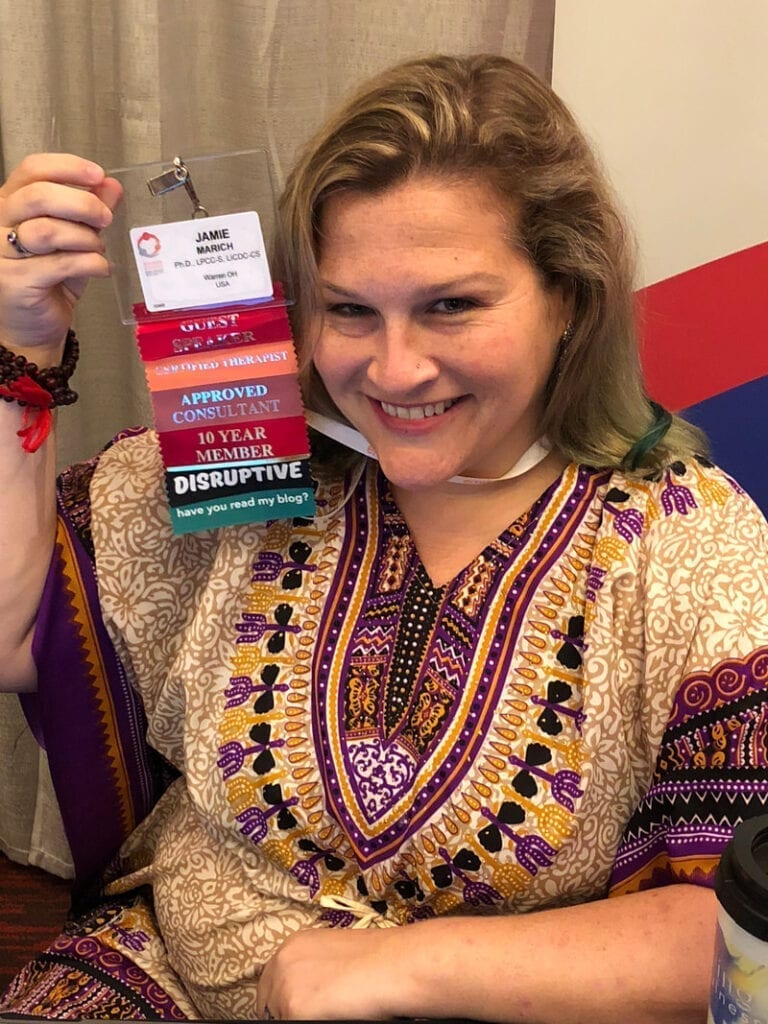

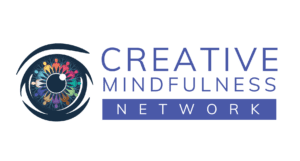
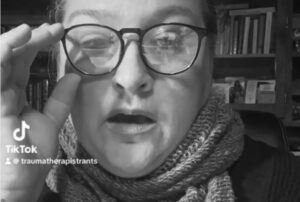
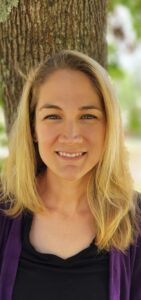
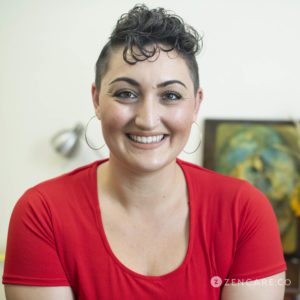


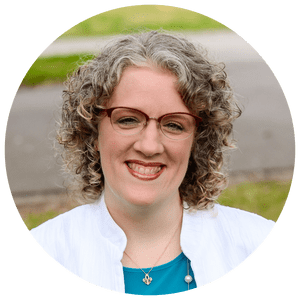
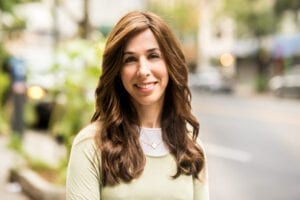
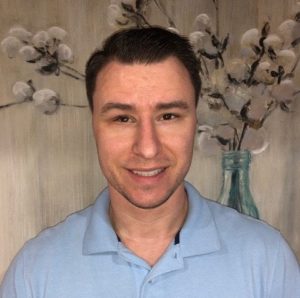
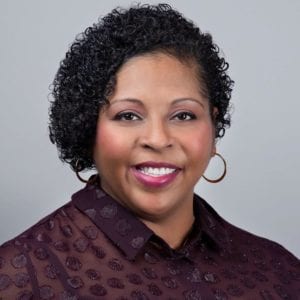
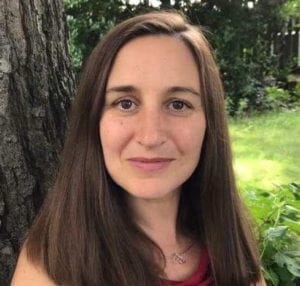

One Response
I wanted to say something meaningful.